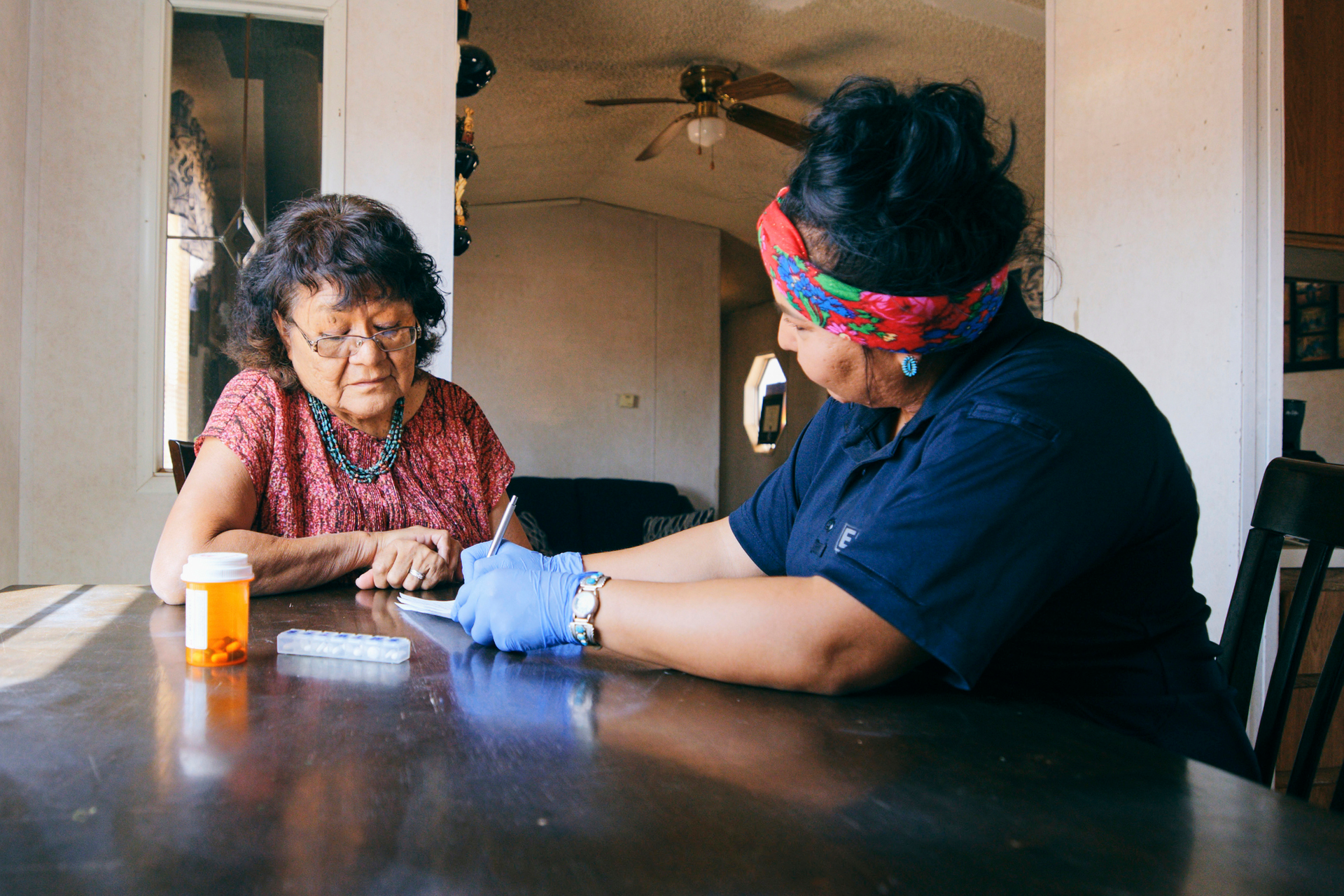By TIPI Staff Disability insurance helps protect your economic wellbeing. If you’re unable to work because of illness or an accident, this coverage can replace some of your earnings with a monthly benefit to help you pay your expenses. But how does it work exactly? Read on for some frequently asked questions our team receives from clients! Frequently asked questions What is the purpose of disability insurance? What does disability insurance cover? How do I apply for disability insurance? How do I submit my disability claim? How much do I receive from disability insurance? How long can I stay on disability insurance once I’m approved? My family member is sick, and I need to stay home to take care of them. Can I use disability insurance for this purpose? My spouse is on my plan and is unable to work, can they apply for disability under my plan? Why is my case manager asking for medical information? Do the short-term disability insurance premiums continue once an employee is approved for short-term disability? When completing forms what do I put as the last day worked and first day absent? Will I receive my benefits on the same pay schedule as my job? What is the difference between "own occupation" and "any occupation" in disability insurance? Answers to your questions about disability insurance What is the purpose of disability insurance? Disability insurance is a wage replacement benefit. Its purpose is to support employees if they are unable to work due to illness or accident while they recover with a goal of them returning to work. Disability insurance is not meant to be used as a lifetime support. What does disability insurance cover? There are many illnesses and injuries covered through disability, but it is important to determine whether the illness or injury prevents you from performing the duties of your job. In order for your coverages to be approved, you must meet the definition of disability as defined in your group policy. This information can be found in your benefit booklet, which can be obtained from your employer’s Plan Administrator, or by accessing the Plan Details section of the TIPI Care Plan Portal . How do I apply for disability insurance? If you are unable to work due to an illness or injury, you can start your disability claim by calling our office and speaking to one of our disability client service representatives. They will guide you through the process of applying for disability through your disability insurance provider. There are typically three forms that need to be submitted as part of your claim: an employer statement, an employee statement, and an attending physician’s statement. Some providers may require additional forms. How do I submit my disability claim? You can submit your claim through our office by emailing
[email protected] or by faxing your claim to 204-949-3503. How much do I receive from disability insurance? The amount of income replacement you would receive depends on your group benefit plan and your regular salary. It is a specific percentage of your pre-disability earnings determined according to your group benefit plan. This information can be found in your benefit booklet, which can be obtained from your employer’s Plan Administrator, or by accessing the Plan Details section of the TIPI Care Plan Portal . How long can I stay on disability insurance once I’m approved? Once approved for disability, you will continue to receive benefits provided you continue to meet the definition of disability. This is determined by your condition, severity of symptoms, and the provisions of your group benefits plan. Short-term disability and long-term disability both have a maximum length of time you can receive benefits. This varies from plan to plan, and this can be found in your benefit booklet, which can be obtained from your employer’s Plan Administrator, or by accessing the Plan Details section of the TIPI Care Plan Portal . My family member is sick, and I need to stay home to take care of them. Can I use disability insurance for this purpose? No, disability insurance can only be used when the employee is sick or injured. Compassionate care may be an option and is available through the federal Employment Insurance program. My spouse is on my plan and is unable to work. Are they able to apply for disability under my plan? No, the disability insurance provided under the group plan only applies to the employee. Why is my case manager asking for medical information? After your claim has been approved, a case manager will be assigned to you. As you go through your recovery process, they may request additional medical information to assess your progress, determine whether you continue to meet the definition of disability, and determine whether additional supports can be provided. Do the short-term disability insurance premiums continue once I am approved for short-term disability? Yes, the premiums for short-term disability are charged throughout the short-term disability period. Once the employee is approved for long-term disability, the premiums for short-term disability are waived. When completing forms what should I put as the last day worked and first day absent? Your last day worked is the day that the employee was last performing the duties of their job. Your first day absent is the first day they were scheduled to work but were unable to work because they had become disabled. If your employer paid you sick or vacation time after you were last at work, there is also a place to enter this date. Will I receive my benefits on the same pay schedule as my job? Your payment schedule is determined by the date you became disabled and your waiting period according to your plan. What is the difference between "own occupation" and "any occupation" for long-term disability insurance? On most benefit plans, for the first two years of disability, you are insured based on the " own occupation " definition, which means your specific job duties that you had been performing up to the time you became disabled . After two years , pending medical evidence, the insurance provider will assess if your disability prevents you from being gainfully employed in any job which provides you with an income of at least 50% of your monthly earnings before you became disabled. Your disability claim may be extended if you cannot do any job as noted above within a pre-determined distance from your home city, as determined by your benefit plan and/or provincial legislation. Don’t see your question here? Reach out to our team by email at
[email protected] , or by phone at 1-855-266-TIPI (8474).




